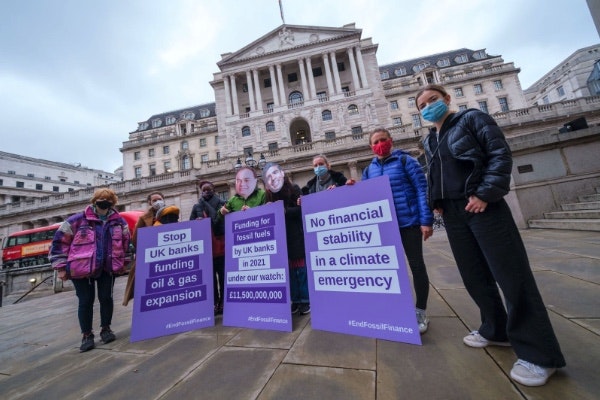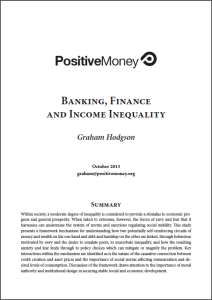Banking, Finance and Income Inequality


Within society, a moderate degree of inequality is considered to provide a stimulus to economic progress and general prosperity. When taken to extremes, however, the forces of envy and fear that it harnesses can undermine the system of norms and sanctions regulating social stability. This study presents a framework mechanism for understanding how two potentially self-reinforcing circuits of money and wealth on the one hand and debt and hardship on the other are linked, through behaviour motivated by envy and the desire to emulate peers, to exacerbate inequality, and how the resulting anxiety and fear feeds through to policy choices which can mitigate or magnify the problem. Key interactions within the mechanism are identified as is the nature of the causative connection between credit creation and asset prices and the importance of social norms affecting remuneration and desired levels of consumption. Discussion of the framework draws attention to the importance of moral authority and institutional design in securing stable social and economic development.
Download Here (Free, PDF, 16 pages)
Key findings
The gap between the very richest and the rest of us has increased continuously over the last thirty years. Many factors contribute to this growing gap, but one of the most significant is least understood: the role of money creation by banks.
The evidence compiled in this paper suggests that there are several factors contributing to the growth of inequality, but at the heart is the operation of the banking system. If we want to tackle inequality, we need to change the way that money is created.
Here are some of the problems that arise when money is created by banks when they make loans:
The entire money supply is effectively ‘on loan’ from the banks. This means that interest must be paid on most of the money in the economy. We’ve crunched the numbers on government surveys (covering over 3,000 households which interviewed more than 5,000 people aged 16 and over), and found that this interest transfers income and wealth from the bottom 90% of the population to the very top 10%. By allowing our money to be created by banks as debt, we’ve created a system that guarantees that inequality will get worse.
Money created by banks pushes up house prices. But it’s the wealthiest who benefit most from these rising prices. For those on lower incomes, or younger people who haven’t bought their first house, rising house prices push up the cost of living, leaving them with less disposable income and a lower standard of living. So rising house prices, fuelled by money created by banks, makes the gap between the richest and the rest of us even bigger.
A similar thing happens in the stock market. Money created by banks can fuel stock market bubbles, but because the wealthiest 5% of households own 40% of the assets in the financial markets, this benefits the very richest, and has limited benefit for everybody else. The gap gets even bigger.